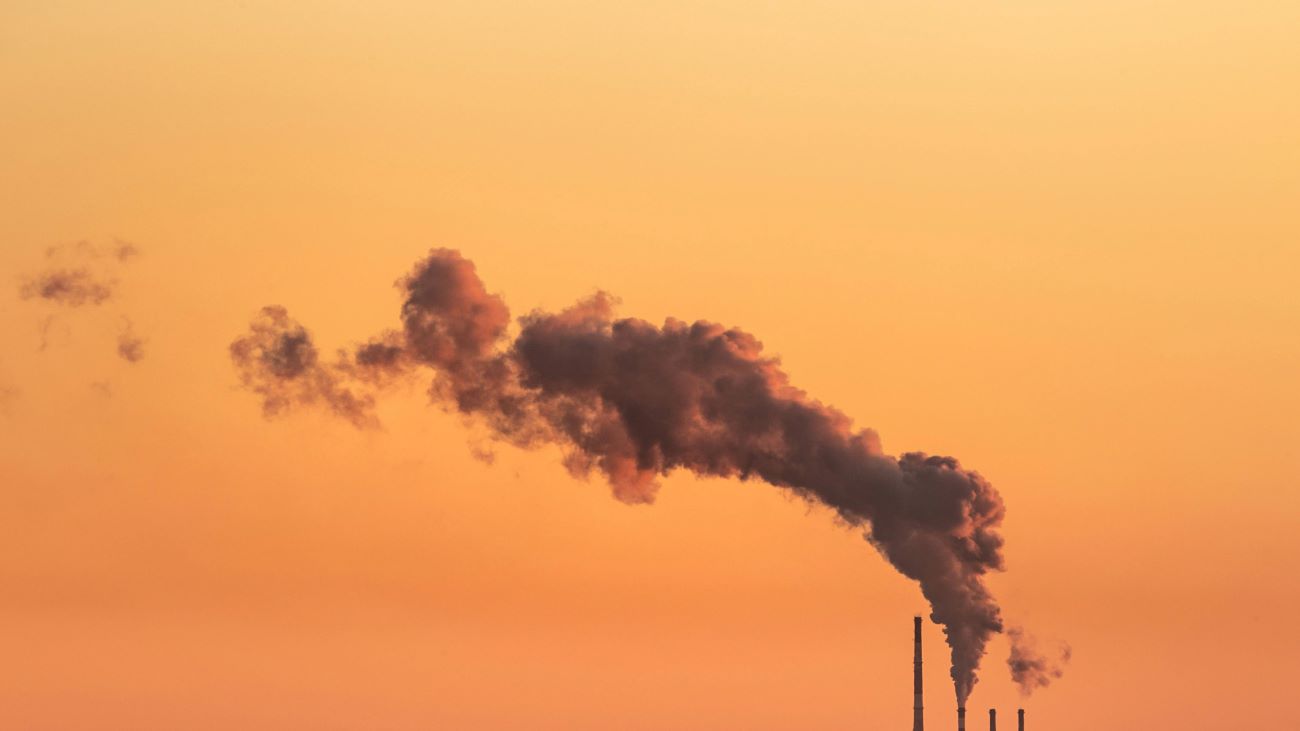This Mental Health Awareness Month, let’s talk about the intersection of hazardous waste, mental health, economic status, and wealth in Black, Indigenous, and Communities of Color
Explore how hazardous waste connects to and impacts social inequities among BIPOC communities

In recent years, ongoing conversations about the intersections of environmental health, mental health, economic status, and wealth disparities in BIPOC (Black, Indigenous, and People of Color) communities have gained significant attention. These interconnected issues highlight challenges faced by many marginalized communities and the urgent need for comprehensive solutions.
May is Mental Health Awareness Month. While many of us default to “self-care” and awareness of our own mental health, take time to learn more about health and economic disparities impacting BIPOC communities – and how hazardous waste can affect those issues even further.
Hazardous waste exposure and environmental health disparities
The historical practice of redlining in many cities across the U.S. and in many Black communities in Seattle resulted in disinvestment in BIPOC communities. This disinvestment contributed to the construction of landfills, factories, and other sources of industrial pollution among and near BIPOC communities. Pollution and hazardous exposures from these sources can lead to various health problems, from respiratory issues to long-term chronic conditions. The direct effects of this are seen in increased rates of health issues such as asthma, heart problems, and mental health problems among BIPOC individuals.
Mental health challenges made worse by negative health outcomes
Living in areas with hazardous waste contributes to a range of mental health struggles. Constant fear of health repercussions, coupled with the stress of economic instability, can create a cycle of anxiety and depression. Many BIPOC community members have limited access to mental health resources or may not seek health care due to discriminatory practices, making the issue worse. Increasing outreach efforts to provide culturally competent mental health support is crucial for fostering resilience and addressing these mental health challenges.
Economic status and wealth inequities limit BIPOC communities’ response
Economic status plays a significant role in how communities are able to respond to threats posed by hazardous waste. BIPOC communities often face systemic barriers and discrimination that limit employment opportunities and wealth accumulation. The wealth gap is stark when comparing BIPOC families to their white counterparts, resulting in fewer resources to invest in a safe living environment or health care. Addressing these disparities requires targeted policies that promote economic development, equitable access to quality jobs, and home ownership opportunities.
A way forward in King County through community initiatives and solutions
Many organizations are working diligently to address these interconnected issues. Initiatives such as community clean-up programs, educational workshops on hazardous waste management, and partnerships with mental health professionals, are making a significant difference. In King County alone, many BIPOC-centered groups like Front and Centered, Heron’s Nest, UTOPIA WA, Alphabet Alliance of Color, and Villa Comunitaria are raising awareness about proper handling and disposal of hazardous materials, as well as advocating for safer products and cleaner environments. Some communities are also advocating for policy changes at the local and national levels to ensure better representation and resources for BIPOC neighborhoods. Take a look at what the Hazardous Waste Program is doing to support smart hazardous waste-related solutions in King County.
Ways to protect yourself and BIPOC communities
The intersection of hazardous waste, mental health, economic status, and wealth in BIPOC communities is complex and rooted in historical inequities. By raising awareness, providing resources, and advocating for systemic change, we can work toward healthier environments and improved quality of life for all community members. It is our collective responsibility to support these efforts, ensuring that no community is left behind in the work for a safer, healthier region and world.
Despite the many barriers BIPOC communities face, it’s important for individuals and families to be informed, engaged, and empowered.
To help keep environments free from hazardous products, you can:
- Consider creating safer cleaning recipes using non- toxic ingredients.
- Consider creating your own natural cleaning recipes to disinfect and wipe down surfaces.
- Consider improving air quality by using air purifiers. (Bonus: You can make your own!)
- Vacuum or mop often to remove hair, dander, and not-so-nice dust bunnies.
- Safely dispose of expired or unwanted hazardous products you have lying around, like batteries, paint, auto fluids, and more.
By implementing small changes like these, you can improve your physical health, mental health, and save money. Individual change is one step in the process of reducing toxic exposures in our region.
But it is collective, community-centered action is what supports healthier and safer communities for us all. At the Haz Waste Program, we partner with communities to share information about potential dangers of hazardous products, to take proactive measures to protect themselves and their surroundings. Regionally, the Haz Waste Program strives to make King County one of the safest and cleanest counties for all who live, work, and play here.
The Program works upstream on systemic issues and downstream, addressing issues affecting individuals and communities on the ground. We engage with customers and bring awareness to the dangers of using hazardous products. We offer guidance about safely handling, storing, and disposing hazardous products. We help safely dispose hazardous waste and offer advice on how to manage most common household items. To learn how to safely dispose of these items, look up the item on our hazardous products library or call the Haz Waste Help Line at 206-296-4692 from Monday – Saturday, 9 a.m. to 5 p.m., except major holidays.
 Translate
Translate